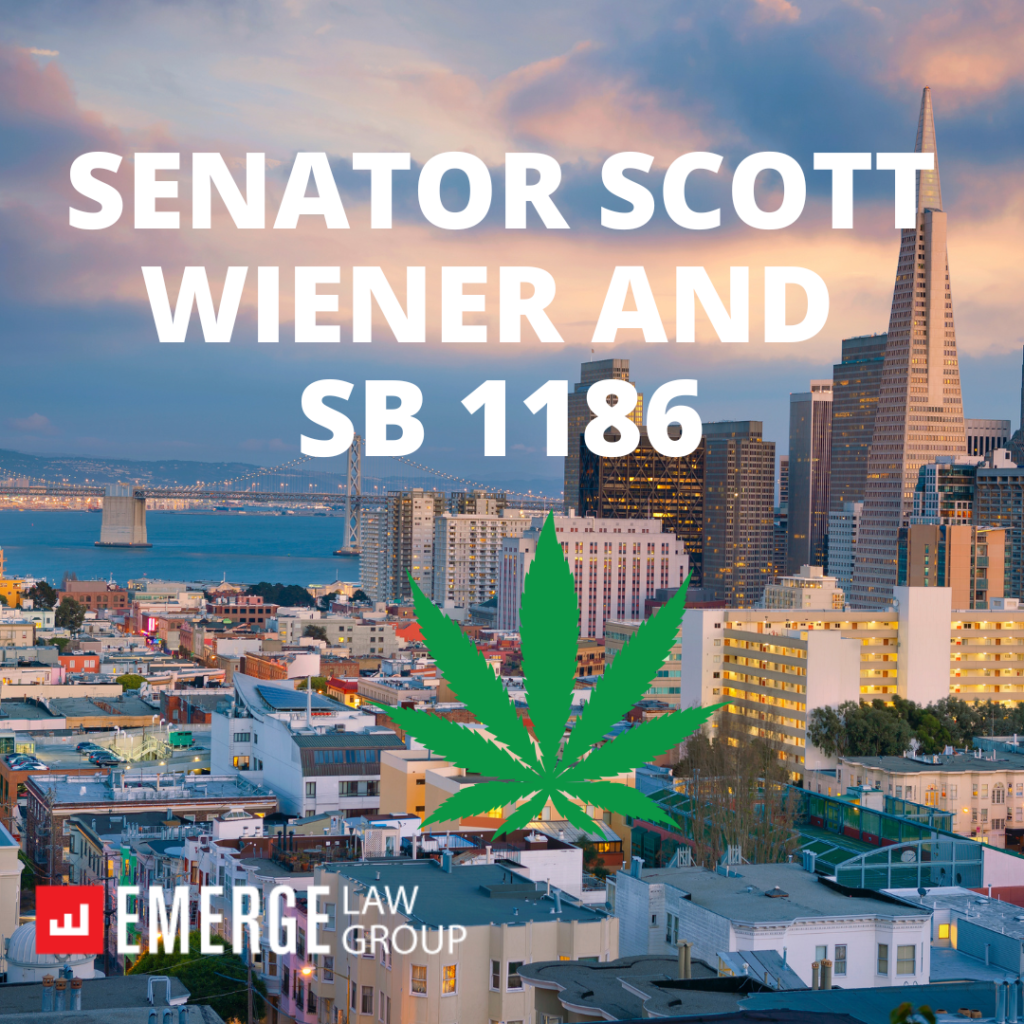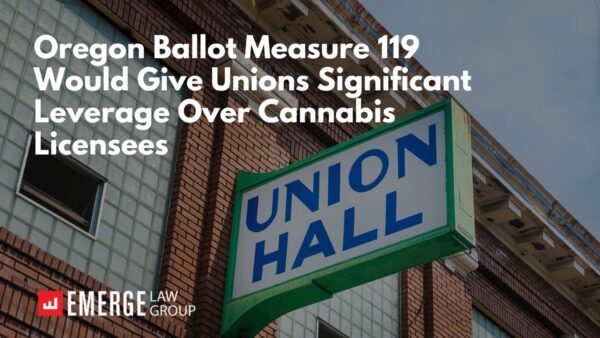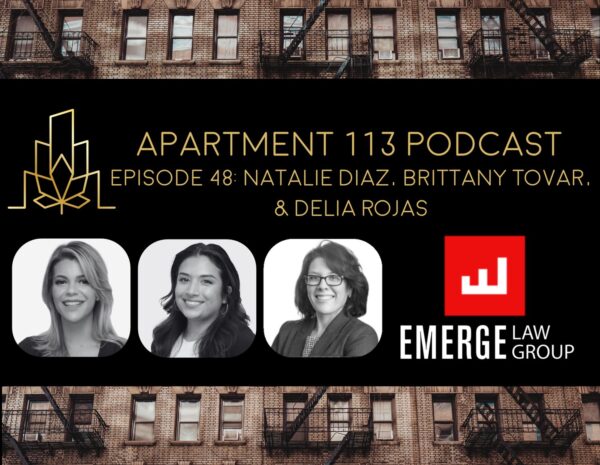It’s estimated that 75% of cannabis transactions in California occur outside the regulated market. Dwell on that for a moment: Most cannabis transactions in California fall outside the regulated market. We use euphemisms to describe this: illicit, illegal, grey market, unregulated, legacy. Proposition 64, which created a regulated California cannabis market, passed in 2016, and now, almost 6 years later, three in four cannabis sales avoid the system Proposition 64 created.
Why? Most jurisdictions ban the system that Prop. 64 created. Even though Prop. 64 passed, two-thirds of California cities prohibit what Prop.64 created: cannabis manufacture, distribution, retail, cultivation, and testing.
For most California cities, the cannabis business is “illegal-only.” Too often, we focus on the people in the illicit/illegal/grey market, the “outlaws.” Let’s instead focus on the structures blocking the legal market: the cities responsible for blocking legal cannabis. Local governments blocking Prop. 64 are responsible for illegal-only zones. This “illegal-only” language may be provocative; cities will retort, “We don’t require illegal-only. We simply decline to authorize legal cannabis businesses.” Fair enough.
One such city is Los Gatos, near San Jose. Los Gatos provides a good case study on “illegal-only” cities because its town council studied residents’ views and the impacts of cannabis normalization (read more here). In the year after Prop. 64 was approved 57% to 43% statewide, and 62% to 38% in Los Gatos, the City passed an ordinance prohibiting commercial cannabis. In other words, Los Gatos residents voted in favor of legal, regulated adult-use cannabis, but the Town Council removed the blocked it. Four years later, in 2020, the Town Council affirmed this ban, but began further study. In January 2022, Los Gatos hired consultants to provide additional analysis and community engagement. Six years after Prop. 64, a majority of Los Gatos residents (58%) again supported commercial cannabis in their city. But, in June 2022, the Town Council affirmed the 2017 ban for a second time. Why?
Some Los Gatos residents told the Council that cannabis businesses would harm the town’s image, would not provide significant tax revenue, and would create intolerable risks for users and children (cannabis is a “destructive addictive drug that can ruin lives and destroys developing brains;” “every addicted drug user, which causes homelessness, started their addiction with cannabis. It is a gateway drug;” “allowing storefront marijuana dispensaries in Los Gatos completely negates efforts that our town has upheld for [good, well supported schools]”). Cannabis opponents also point to neighboring jurisdictions who have also outlawed regulated cannabis businesses, such as Cupertino, Saratoga, and Campbell. Residents support lifting the ban for predictable reasons: “Adding tax revenue, providing safe access and eliminating the [illegal] market by allowing legitimate businesses seems like an obvious choice.” But the minority opinion seems to hold more sway with the Town Council.
Los Gatos isn’t any worse than most places in California – most jurisdictions continue to ban the legal cannabis market. Senate Bill 1186 aims to eliminate cannabis deserts, beginning with the delivery of medicinal cannabis products. Written by Senator Scott Wiener and co-sponsored by Assemblyperson Ash Kalra (whose district abuts Los Gatos), SB 1186 blocks prohibitions of medicinal cannabis delivery. In other words, after SB 1186, Los Gatos may not prohibit delivery of medicinal cannabis. Residents of Los Gatos can order medicinal products for delivery, beginning January 1, 2024.
Prop. 64’s authors (and most of us in California) assumed the adult-use market would swallow the old medicinal sector. But medicinal products continue to exist, despite bans of (adult-use and medicinal) cannabis businesses. SB 1186 means that, in about 14 months, licensed delivery companies can bring medicinal cannabis anywhere in the Golden State. SB 1186 became law on September 18. Check out the podcast with Senator Wiener about 1186 and what’s next..





